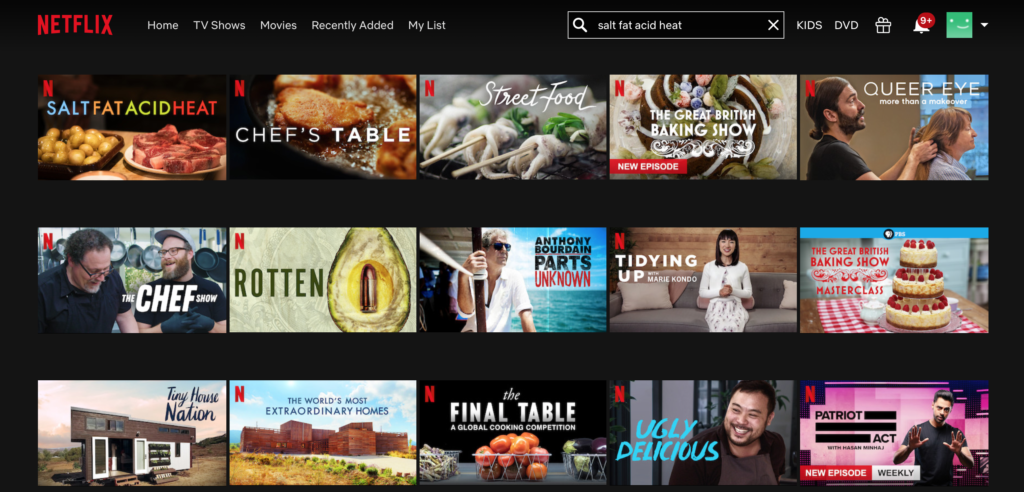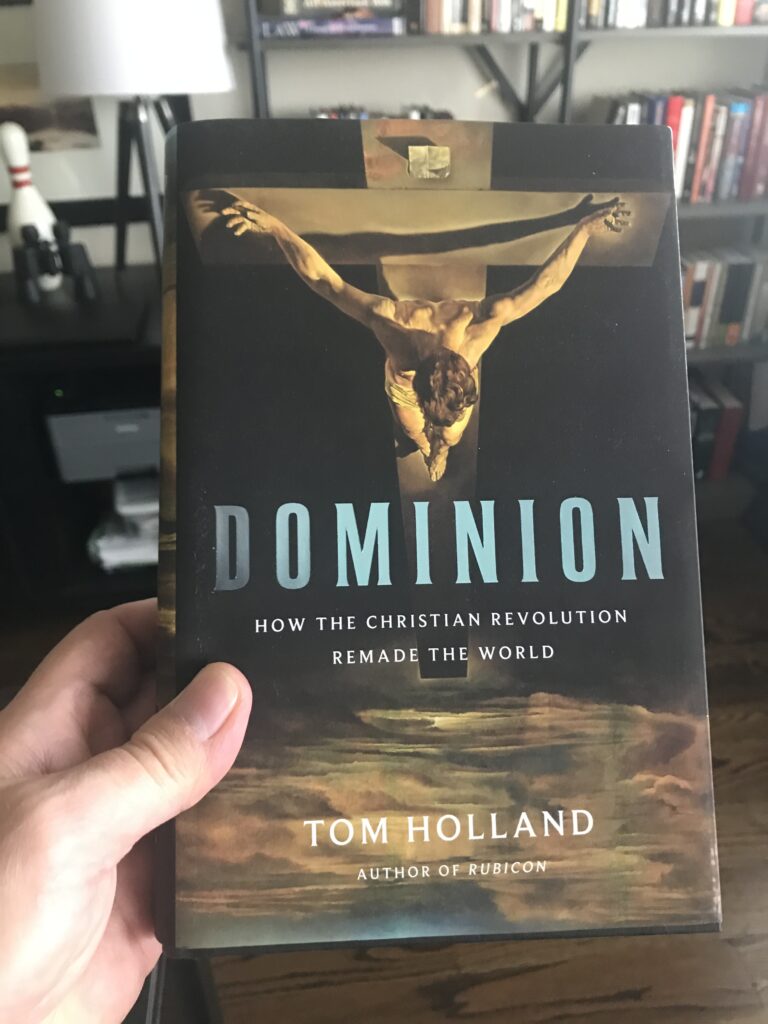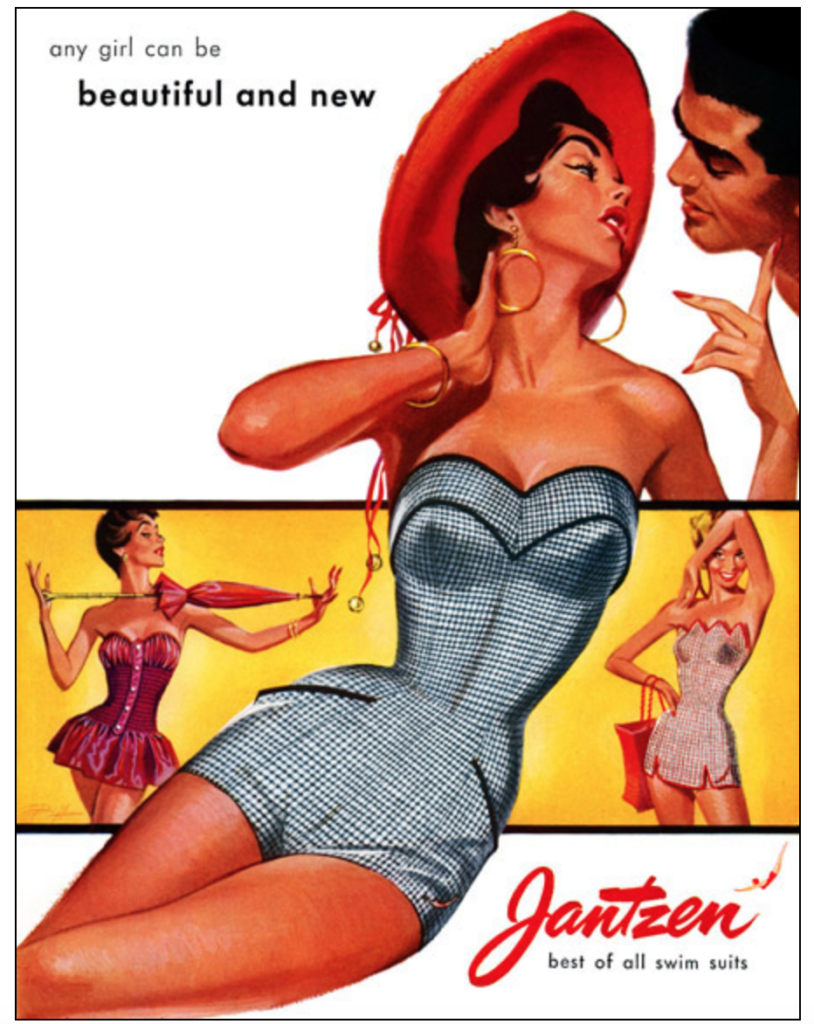This time, like all times, is a very good one, if we but know what to do with it.
Ralph Waldo Emerson
Everything is terrible. It’s all just the worst . . . the absolute worst.
This is what most people in the Western world walk around thinking most of the time. It’s not true, of course. Things are generally pretty great. The fact is, wherever it has spread, Western/Christian Civilization has created levels of comfort and abundance that are nothing short of mind boggling.
The typical American, even one of modest means, lives a life that medieval kings would envy. For most of human history, people spent most of their days trying to acquire enough food to keep their family alive. Winter was a dreaded existential threat.
Today Food is so abundant and affordable that it’s no longer about survival or even sustenance. As hundreds of television series testify, food is now about art and pleasure and style, and frequently, virtue signaling. It’s a luxury no generation on earth has even been afforded.

Instead of spending our days scrounging and scraping for food and fighting off invaders, we indulge in pursuits available only to the ultra-rich just a couple of generations ago. We’re free and able to dabble in art, style, design, hobbies, and travel–both in reality and in our television viewing and internet browsing.
The struggle for shelter has become a quest to express your individual design style and aesthetic in the most authentic way possible. And our major unconquered diseases are the ones associated with old age.
To be sure, infant and child mortality are still heartbreaking realities is some corners of the world, but almost exclusively in those places where the gospel and Christian Civilization has not yet worked its tranformative wonders.
No matter what measure you use:
- Number of people living in absolute poverty
- Child labor
- Percentage of income spent on food
- Violent crime
- Literacy rates
- Hours of leisure time
- Deaths in war
. . . the statistics show that things have never been better.
By the way, if you want to understand how and why Christianity made all this progress possible, I highly recommend this brand-new book by the UK historian Tom Holland (no relation!). It’s beautifully written and absolutely fascinating:

So given all of this good news, why are we all walking around with clenched teeth and knots in our stomachs? As if there have never been grimmer, darker times than this particular moment? I addressed this question, in part, in a recent white paper I presented at a theological round table. Here’s an excerpt:
Three factors work together to cause us to over-estimate the present power and success of what Paul called “world forces of darkness.”
One is the 24-hour instant news cycle—enabled by the Internet and fed by ubiquitous video cameras in more than 3.5 billion smart phones worldwide. If something horrific happens anywhere in world, we’re all watching video of it and shaking our heads in sadness within the hour (and sharing it with all our friends on social media).
The second is our woeful ignorance of history. We have little understanding of how dark things in the world really were prior to the dawning of the light of the Gospel. Nor do we have the information that allows us to put in perspective the transformation the world, and the kingdoms of this world, have undergone as the carriers of that light have spread across the planet.
(By the way, if you want a little historical perspective on what truly crazy times previous generations lived through, check out a series of posts I wrote called, “We’ve Seen This Before.” Here, here, and here.)
The third is an America-centric myopia. Believers here in the U.S. often come perilously close to conflating the Kingdom of Jesus and our own nation-state—as if they were one and the same thing. We also observe what has happened in what has come to be called “post-Christian” Europe, see many of the same patterns being replicated here, and leap to the conclusion that the lights are going out all over the world.
The fact is, the Gospel is advancing in extraordinary ways all over the planet.
There is another reason we all seem to believe that things are terrible when they’ve never been better.
With our phones constantly in our hands and computers on most workplace desks, we’re spending massive amounts of time online. And the online marketing world has learned to monitize outrage, fear, resentment, and horror.
Clicks equal money. And nothing generates clicks like news designed to enrage, alarm, or frighten you. Attention is the scarcest commodity in our economy, and few things attract attention like tragic news or someone saying something infuriating.
As a result, massive digital fortunes are being made by inundating you with online ads filled with headlines crafted and meticulously tested to trigger fear or anger in you.
Likewise, “likes” and “shares” are the currency of the social media world. Thus our social media feeds overflow with links to stories designed to have the same effect. We share and retweet the outrage of the moment in hopes of feeling significant or striking at perceived enemies. (This’ll show ’em!)
Esseentially, we’ve all voluntarily signed up to be bombarded throughout our waking ours with news, posts, and ads intentionally crafted to stir up negative emotions. Is it any wonder an entire generation of people are convinced that everything is terrible?
Many aspects of this are not new. The news business has always known that bad news sells papers much more effectively than good news.

And from the very beginning, the advertising industry has understood that the most effective ads play upon our deepest fears and insecurities.
Ads are designed to make us feel like we’re not enough, or don’t have enough, or that others who have more are more significant or more happy. And the science of psychology has made advertisers more effective at these things than ever before.
One of Satan’s primary tactics is to accuse. He is, at the vile, miserable core of his being, an Accuser. It seems it’s not just people he accuses. He’s smearing our times. And in the process robbing us of much peace, contentment, and hope.
It can’t be healthy to walk around angry and fearful all the time. Silence the accuser.
